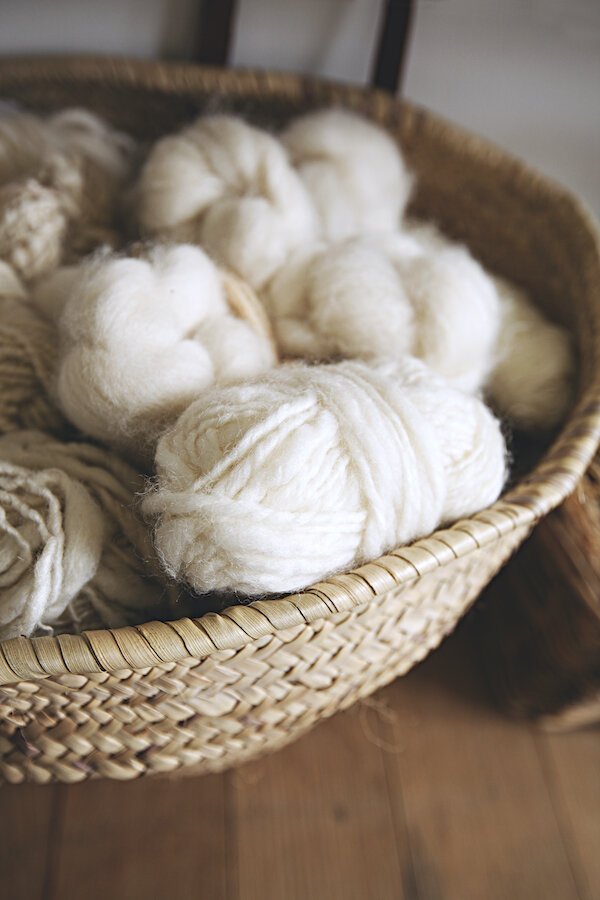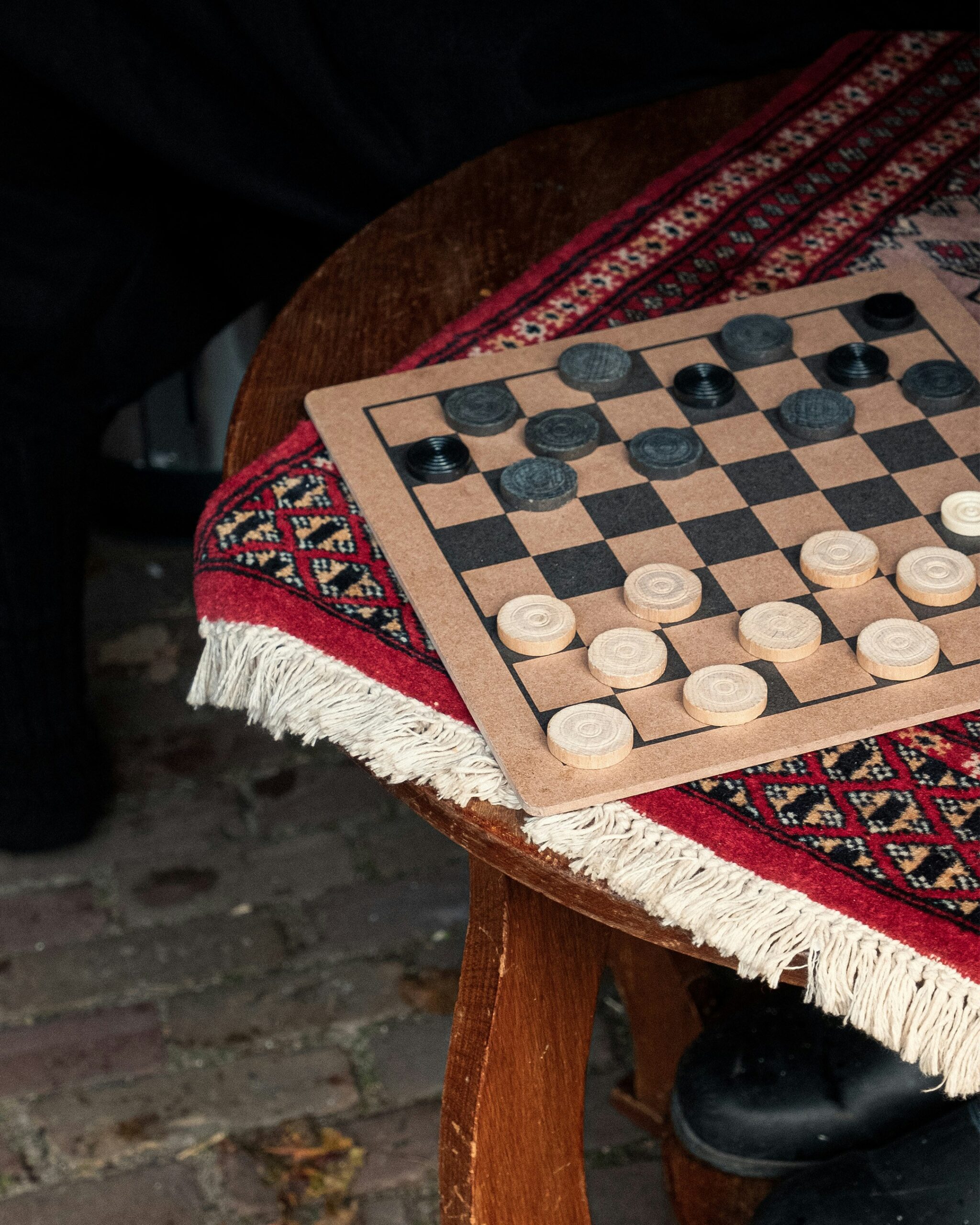
Why Are We Craving “Wholesome” Things?
“That’s so wholesome,” I say on a near-daily basis. When I remove another homemade loaf from the oven, when I smile at the good dogs I see on my afternoon walks, or when my mom sends me pictures of herself out in the garden.
“Wholesome” is the only word I can think of to describe how it feels when I creak open a hardback novel and find an inscription from a friend. Or while running errands and “Put Your Records On” comes on the radio — how else can I explain the feeling of rolling down the windows and belting out the lyrics?
Recently, my mind has been holding on dearly to these moments. When something is wholesome, somewhere, a little light goes off in my brain that says, “This, right here, is purely good.” My heart swells and flutters, and my body is reminded that it is safe, that there are nice things worth appreciating in the world.
This feeling is deeply connected to sensory experiences that link my mind back to my body (which is why bread is always one of the first wholesome things that comes to mind). The sound of birds at my feeder, the feeling of my toes touching fresh spring grass, the taste of a mango dusted in chili pepper at the beach — it’s all wholesome. These simple, elemental things don’t require anything of me other than to be present for them and enjoy.
“When something is wholesome, my heart swells and flutters, my body is reminded that it is safe and that there are nice things worth appreciating in the world.”
And I need it — we need this. In a decade that’s left nothing but holes in our hearts, we’re all trying to find some way back to our whole selves.
Wholesome foods and wholesome TikTok videos feel like a nice, round solution to the depletion we’re all feeling. We need to find more of those things when we can, not less, because that little sustenance they provide helps us continue caring about the causes that activate us.
I imagine it like a nutrient deficiency; my fingernails are brittle when I’m not taking my calcium supplements regularly. Likewise, my heart gets brittle when I forget to practice presence — to slow down and smell the clean fur of a sun-drenched puppy. (Is there any other smell that matters?) Wholesome moments are everywhere, if only we’ll pay attention.
When we find them, we’ll realize that wholesome things are those that tell us we’re safe, and importantly, that we are intended to be so. A crosswalk at a stoplight isn’t inherently wholesome; perhaps it’s even a nuisance if you’re in a hurry. But a street full of drivers who slow and stop for pedestrians is very much so. It’s not an accidental safety; it’s a safety upheld by design and community.
And context matters. Those precious things are also not artificial, or simply for aesthetics. “Being wholesome” is not a performance; it’s a state of being that is sustainable and life-giving to us and those around us.
“Being wholesome is not a performance; it’s a state of being that is sustainable and life-giving to us and those around us.”
Next time you find yourself calling something wholesome, embrace why it is you feel that way. See the goodness that radiates from those fleeting moments, and save that brightness for days when the sun might shine a little less.
Wholesomeness offers us an escape and also invites us into remembering that the world isn’t all bad. As we’re all confronted with loss, even a simple shock of generosity or a kind word from a stranger on the internet can zap us back into why we’re here. It can make the big things feel worth fighting for. Or, at least, it’ll warm our hearts until we’re rested and ready to pick back up on the fight.
Whatever wholesomeness you’re feeding yourself right now, know that it’s here, in this moment, to nourish you. Find it in the slow trail of a snail crossing the sidewalk, find it in making crafts with your four-year-old neighbor, find it on Animal Crossing or on Reddit. If you can’t find the wholesome things in your daily life, create it yourself by immersing yourself in a chapter of a young adult novel or reinvigorating your sourdough starter.
The longing for wholesomeness isn’t evasive; rather, it’s a search for the nurturing that will support us for the long haul.
Go find what makes you feel whole.
Emily McGowan is the Editorial Director at The Good Trade. She studied Creative Writing and Business at Indiana University, and has over ten years of experience as a writer and editor in sustainability and lifestyle spaces. Since 2017, she’s been discovering and reviewing the top sustainable home, fashion, beauty, and wellness products so readers can make their most informed decisions. Her editorial work has been recognized by major publications like The New York Times and BBC Worklife. You can usually find her in her colorful Los Angeles apartment journaling, caring for her rabbits and cat, or gaming. Say hi on Instagram!




